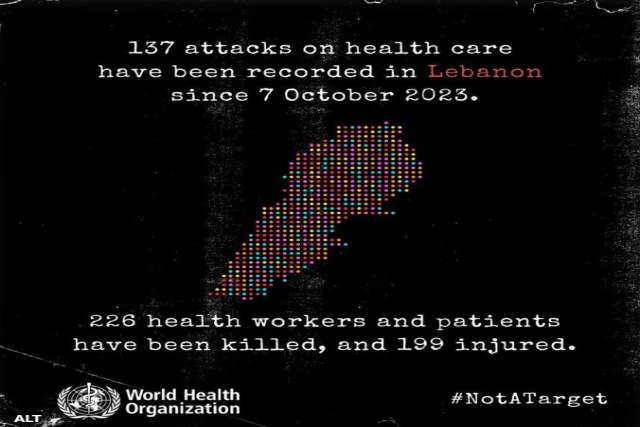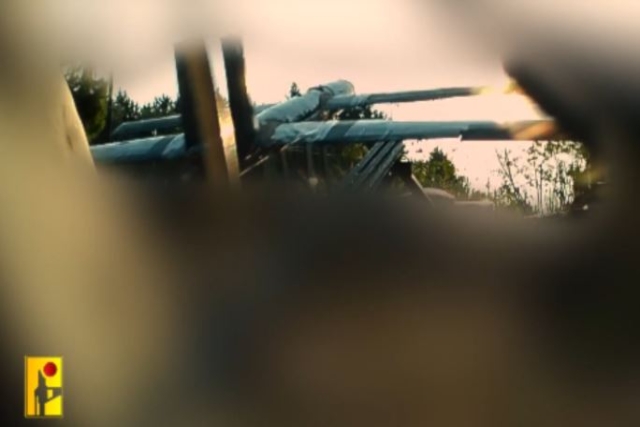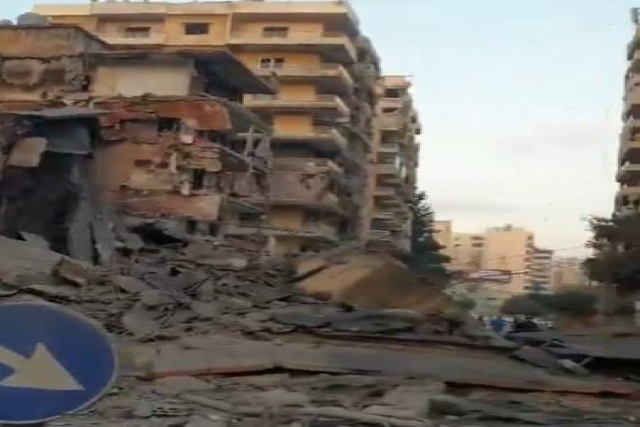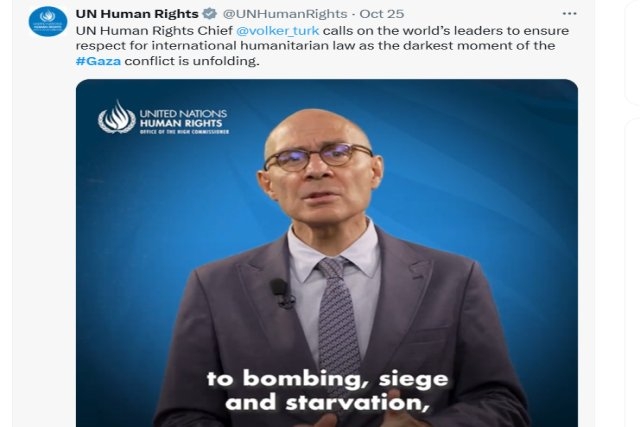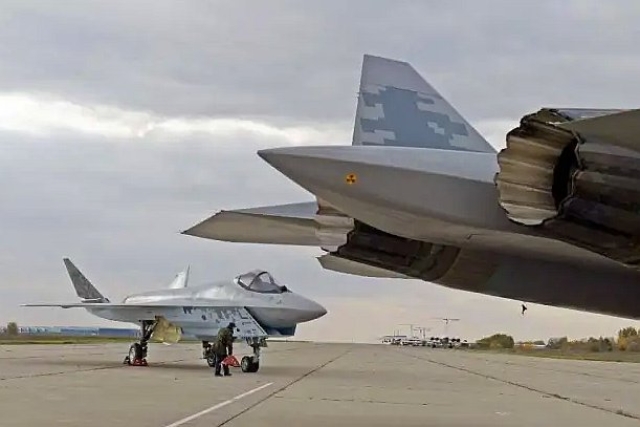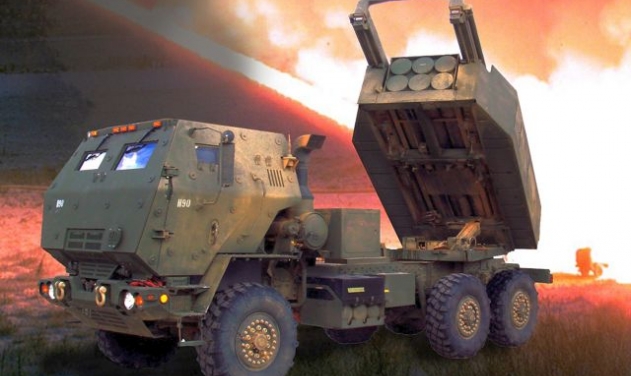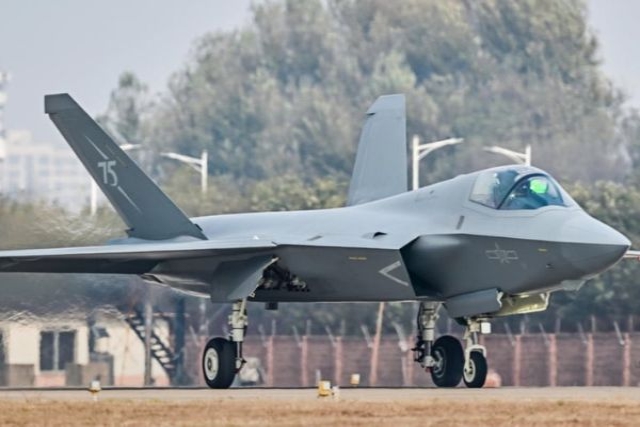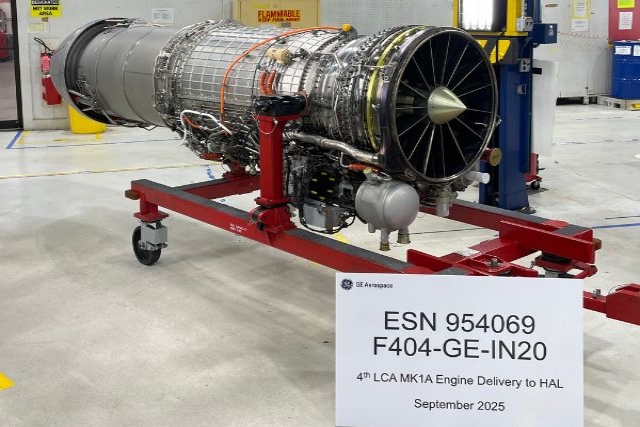Rockets Fired at Israel as Ceasefire Decision with Hezbollah Looms
IDF Reports Rocket Attacks from Lebanon amid Truce Negotiations
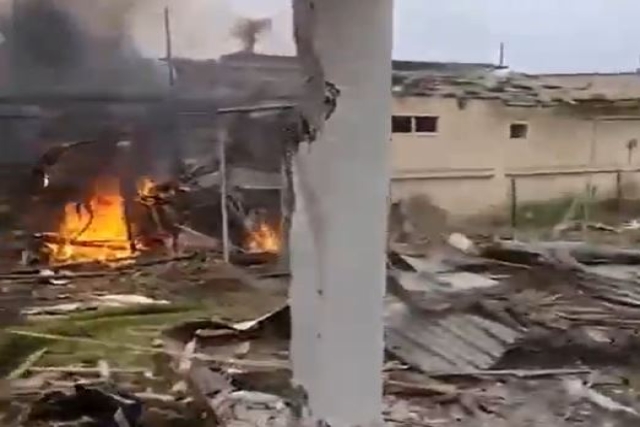
The Israel Defense Forces (IDF) reported that ten rockets were launched from Lebanon toward the Western Galilee earlier today.
Several of the rockets were intercepted, while others caused impacts in Nahariya, including a fire reportedly sparked by falling shrapnel. Israel’s national emergency service Magen David Adom is scanning affected areas for possible casualties.
The IDF said it has intensified operations targeting Iranian weapons smuggling routes used to arm Hezbollah.These routes, facilitated by Hezbollah’s Unit 4400, involve transferring weapons from Syria to Lebanon with Syrian government cooperation. Israeli strikes aim to disrupt these supply lines, which store thousands of missiles and weapon components.
“12 Hezbollah command centers were struck by the Israel Air Force (IAF) in Dahieh, Beirut, including sites used by Hezbollah's Intelligence Unit, coast-to-sea missile unit, and Unit 4400—responsible for smuggling weapons from Iran through Syria into Lebanon. These command centers were used to plan, command, and execute terrorist attacks against Israel and monitor terrorist activity against IDF troops operating in southern Lebanon,” the IDF said.
Israel-HezbollahTruce Deal Expected
After over a year of hostilities and more than 3,500 deaths reported by Lebanon’s health ministry, Israel and Hezbollah may agree to a truce today. Israeli Prime Minister Benjamin Netanyahu has given preliminary approval for a ceasefire plan, and the Israeli Cabinet is set to vote on the deal later in the day.
Israel’s officials will meet on Tuesday evening to discuss a potential ceasefire agreement, with the United States, European Union, and United Nations having pushed for a truce in the ongoing conflict between Israel and Hezbollah.
Benny Gantz, a former member of Israel's war cabinet, has urged Prime Minister Netanyahu to make the details of the ceasefire public, emphasizing the right of Israeli citizens and fighters to be informed. The proposed deal outlines an initial two-month ceasefire during which Israeli forces would pull back from Lebanon, and Hezbollah would cease its armed presence south of the Litani River, which is over 28 kilometers from the Israeli border. The Israeli forces would also withdraw from southern Lebanon after the ceasefire takes effect.
Qatar, which had previously played a role in mediating ceasefire talks in the Israel-Hamas conflict, withdrew as a mediator earlier this month and also indicated that its Doha office no longer serves Hamas' purposes.
Meanwhile, social media and independent sources report that Israeli Golani Special Operations Unit members entered an Orthodox Church in Deir Mimas, South Lebanon, with videos showing soldiers reportedly disrespecting Christian symbols. The authenticity of the videos is unverified.
International and Regional Responses
The U.S., European Union, and United Nations are pushing for a ceasefire. U.S. National Security Council spokesperson John Kirby expressed optimism about a potential agreement. However, Iran’s Supreme Leader Ayatollah Ali Khamenei criticized the ceasefire talks, calling for severe measures against Netanyahu.
Iran's Supreme Leader Ayatollah Ali Khamenei called for a death sentence for Netanyahu following an arrest warrant issued by the International Criminal Court.
The prolonged conflict, which began in October last year, has seen heavy casualties on both sides and significant damage across the region. The truce, if finalized, may offer a temporary reprieve for affected civilians.
